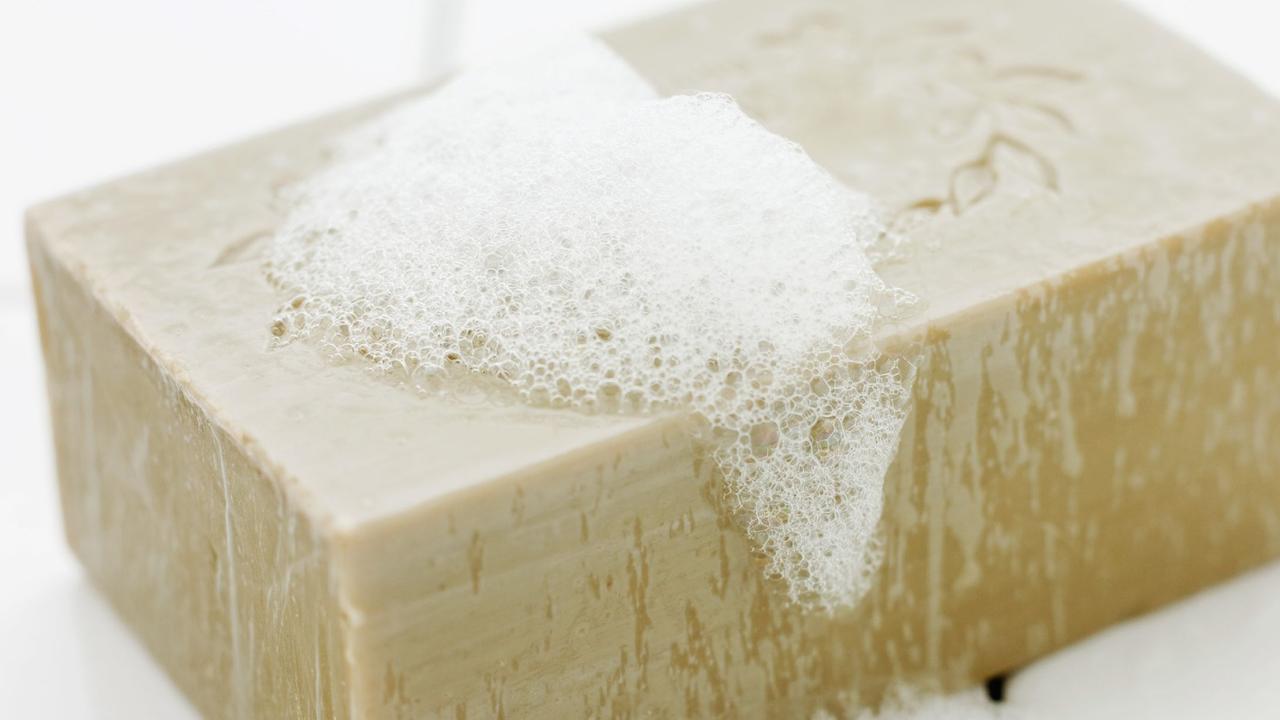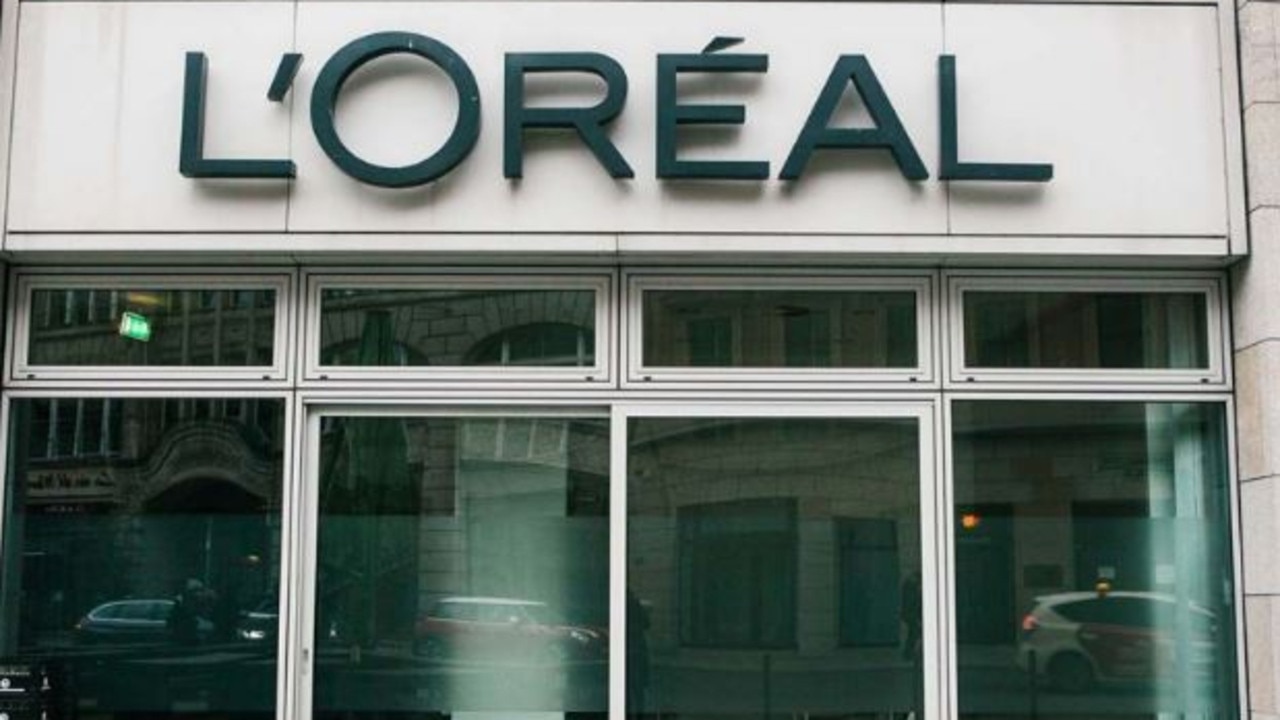This doctor wants you to stop using soap in the shower
For most of us it’s the first thing we reach for when we hop in the shower, but this doctor hasn’t used it for half a decade.
James Hamblin hasn’t used soap in the shower for five years and he reckons you should join him if you want to live a healthier life.
He should know: He is a doctor after all (and not one of those controversial US doctors in the headlines currently over their claims they’ve ‘cured’ COVID).
While he still uses soap to wash his hands, Dr Hamblin gave up on using it in the shower when he began learning about the emerging field of microbiome science.
Microbiomes are the tiny bacteria that live on and in our body, which are now thought to be vital to our health and survival, building up our immune system and protecting against pathogens.
RELATED: Leukaemia survivor feeling ‘quite special’

RELATED: Worrying trend Aussies are searching
Showering with soap, Dr Hamblin argues, washes away those tiny microbiomes and leaves us exposed, and he thinks we need to stop criticising others for how they clean themselves.
“It’s one of the few remaining things for which we feel fine telling someone that they’re gross,” Dr Hamblin told The Guardian in advance of his book Clean: The New Science Of Skin And The Beauty Of Doing Less hitting shelves.
While he acknowledges the stigma, he said any judgment is “clearly moralising”.
He still uses soap to wash his hands, which given the amount of advice we needed at the onset of COVID-19, arguably made Dr Hamblin more hygienic than some of the people who might call him gross.
But it’s not just soap Dr Hamblin has it out for.
Another of his experiments involved tapering off using deodorant, which he said his body adapted to until he smelled like neither deodorant or the body odour it’s designed to mask, but simply “like a person” – according to his girlfriend.

He also calls out the skincare and beauty industries for their overly diverse product ranges that turned a multi-use item like soap into one tailored specifically to different conditions, genders and even occasions.
That industry is leaning in further with the prospect of offering products tailored to an individual’s own unique microbial ecosystem to restore the microbiomes washed away by the brand’s other products.
Research into microbiomes and their role is in its infancy and Dr Hamblin warns wariness of anyone who tells you that you have a microbial imbalance or tries to sell you something to fix it.
His advice for those who worry that simply showering with water is not enough to clean everywhere is to start wetting or dampening your toilet paper before you use it.
“If you were gardening and had mud all over your hands, would you just use a dry paper towel? No, you’d at least get them wet and scrub them together,” he said.



